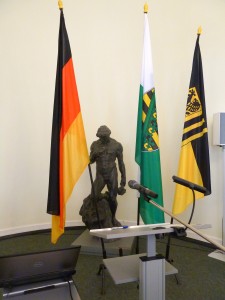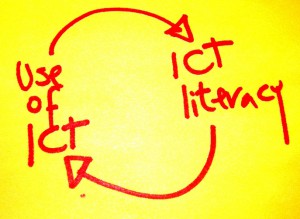 Eine zentrale Kompetenz und Schlüsselqualifikation unserer Zeit ist die Medienkompetenz.
Eine zentrale Kompetenz und Schlüsselqualifikation unserer Zeit ist die Medienkompetenz.
In einer Studie wurden im Auftrag der Europäischen Kommission 15 verschiedene Rahmenmodelle Digitaler Kompetenz (Digital Competence) untersucht.
Die Studie ist Teil des Projektes Digital Competence: Identification and European-wide validation of its key components for all levels of learners (DIGCOMP) und wurde jetzt unter dem Titel Digital Competence in practice: An analysis of frameworks veröffentlicht.
Aus der Zusammenfassung:
“Digital Competence as a human right
Digital Competence is both a requirement and a right of citizens, if they are to be functional in today’s society. However, it has been shown that citizens are not necessarily keeping up with the evolving needs derived from rapid technological change and uptake.
[…]
An encompassing definition of Digital Competence
Two thirds of the selected frameworks propose a definition of Digital Competence. These have been merged and adjusted to create an encompassing definition:
Digital Competence is the set of knowledge, skills, attitudes (thus including abilities, strategies, values and awareness) that are required when using ICT and digital media to perform tasks; solve problems; communicate; manage information; collaborate; create and share content; and build knowledge effectively, efficiently, appropriately, critically, creatively, autonomously, flexibly, ethically, reflectively for work, leisure, participation, learning, socialising, consuming, and empowerment”.
Bildquelle: flickr/Cristóbal Cobo Romaní (CC BY 2.0)
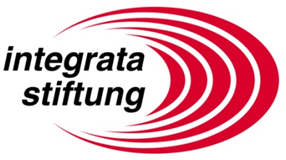

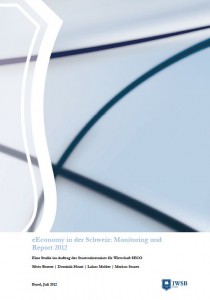
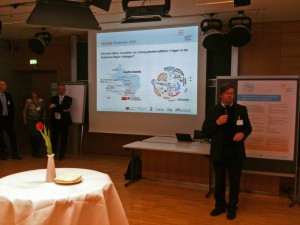
 Im Juni 2012 findet zum 25. Mal die
Im Juni 2012 findet zum 25. Mal die 